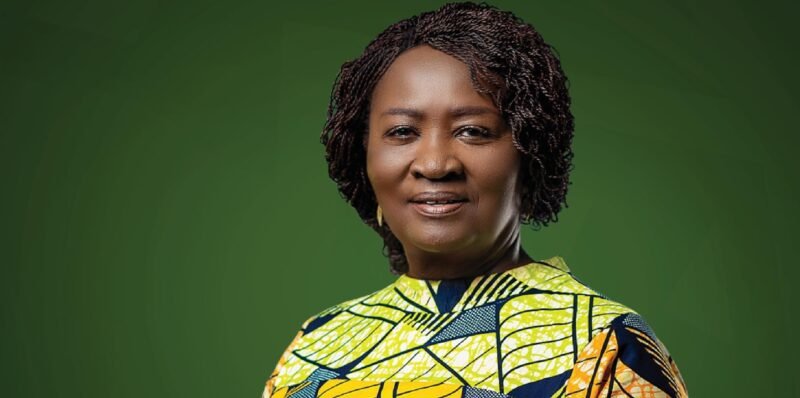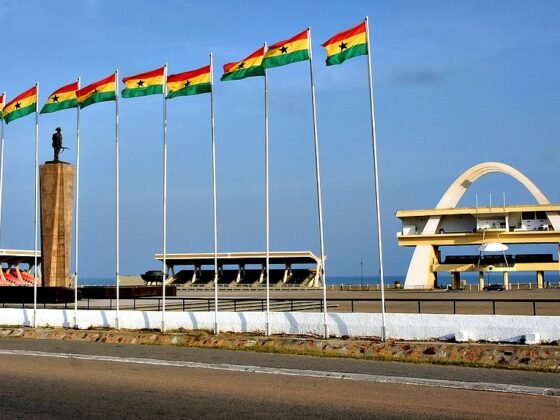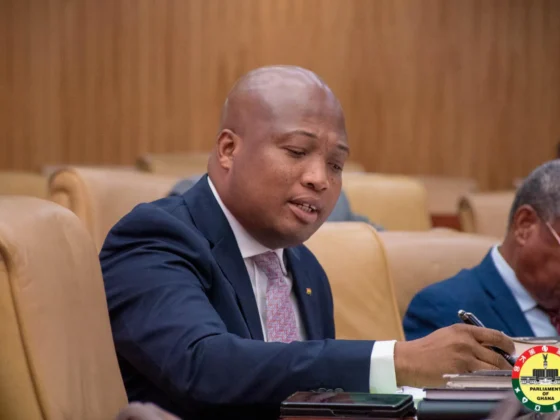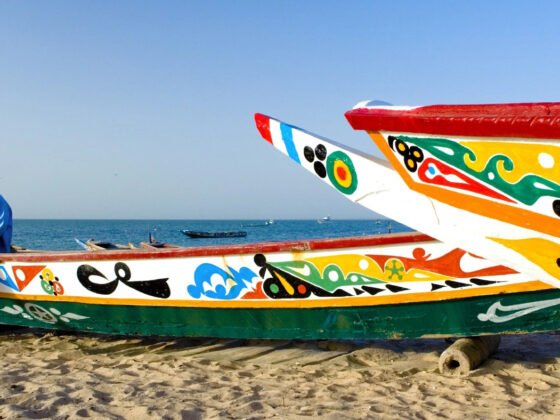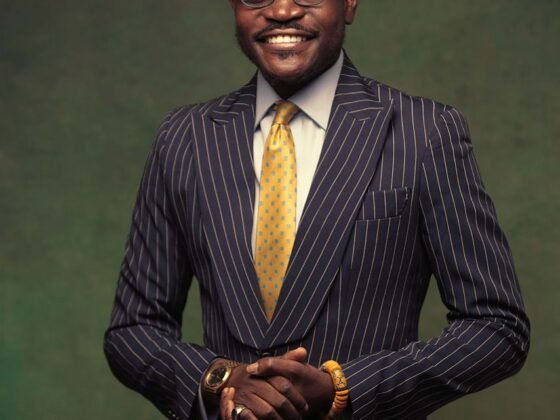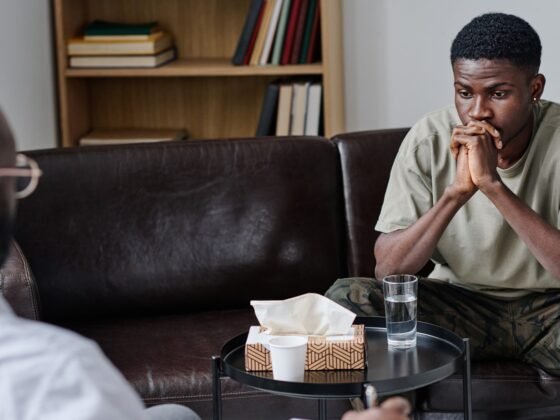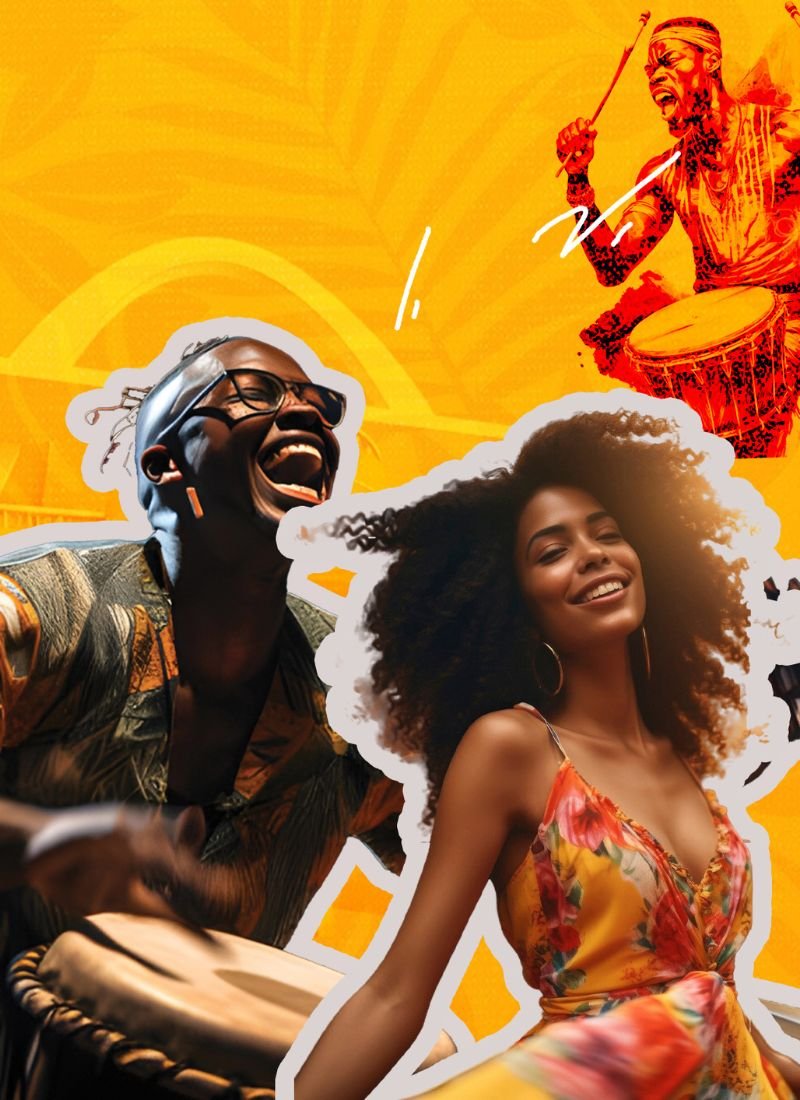In the archetypal realm described in “Women Who Run with the Wolves”, Clarissa Pinkola Estés, describes the wild woman as representing an untamed, intuitive force that exists within all women, guiding them to uncover their strength, creativity, and resilience.
Chimamanda Ngozi Adichie, has consistently championed the idea of reimagining what society deems possible for women. I am very excited about the young Ghanaian girl having to witness the historic rise and incoming leadership of Ghana’s first female Vice President, Professor Jane Naana Opoku-Agyemang, —a tangible manifestation of the wild woman and feminist dream.
This moment is a reclamation of space and a signal to women everywhere that leadership is not a favor granted but a right earned through competence and vision. Professor Opoku-Agyemang’s ascension echoes Estés’ words: “To be strong does not mean to sprout muscles and flex. It means meeting one’s own numinosity without flinching.” For decades, women in Ghana and across the African continent have been preparing for this moment, carving out spaces in politics, education, and social justice movements despite cultural barriers and systemic opposition.
Like Adichie’s declaration in “We Should All Be Feminists”, this victory affirms that gender does not limit leadership potential. It pushes back against centuries of patriarchal structures that once relegated women to the margins. Professor Opoku-Agyemang, as a Vice President, represents the culmination of many quiet revolutions fought by women—mothers, farmers, educators, activists, and dreamers—who have always carried the potential to lead but were denied the platform.
In celebrating this moment, one cannot help but reflect on its implications for Ghana’s future. Professor Opoku-Agyemang stands not only as a capable leader but also as a role model for the next generation of girls. It’s a reminder of Adichie’s belief that “culture does not make people; people make culture.” By placing a woman in the second-highest office in the land, Ghana signals a willingness to rewrite the narrative, setting a precedent for what is possible for women in the highest echelons of power.
But is Ghana ready to take it further? In 2023, Tanzania made history with Samia Suluhu Hassan as its President, a reminder that women are not just capable of being second-in-command—they are equally qualified to lead. If Professor Opoku-Agyemang has shattered the vice-presidential glass ceiling, could Ghana soon break the ultimate barrier with its first female President?
As we celebrate this victory, I wonder if the nation, Ghana has begun to embrace the wild, untamed feminine power within its political landscape, prepare itself for a female presidency? Can the girl child now start dreaming bigger?
The answer lies in the hearts of everyday Ghanaians, whose aspirations and hopes will shape the path forward.
Power to the Girl Child! We see you Now!

